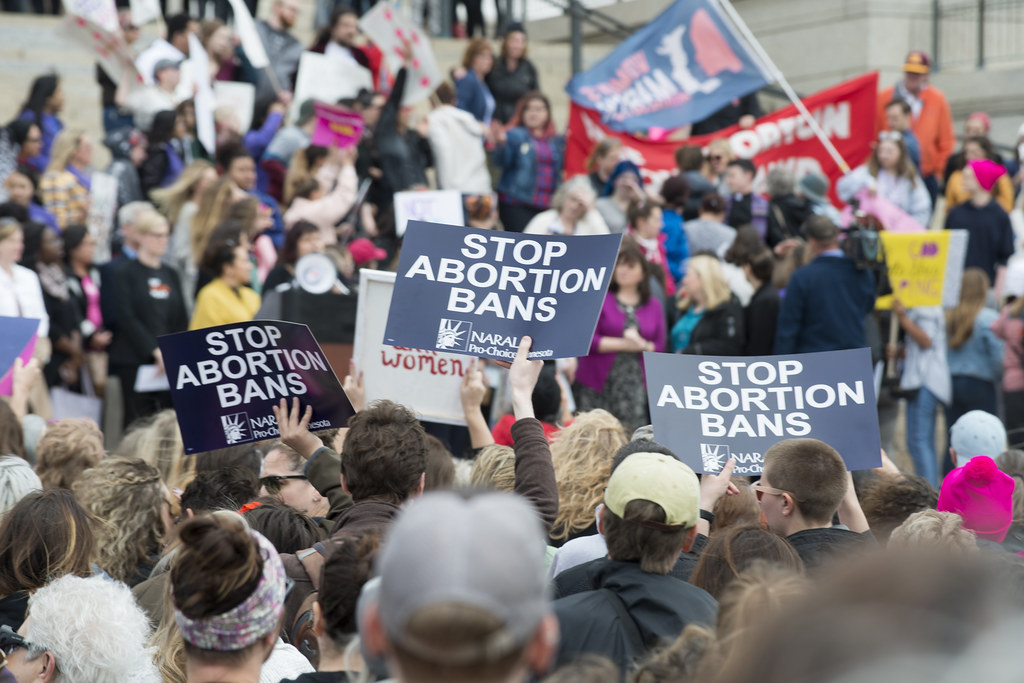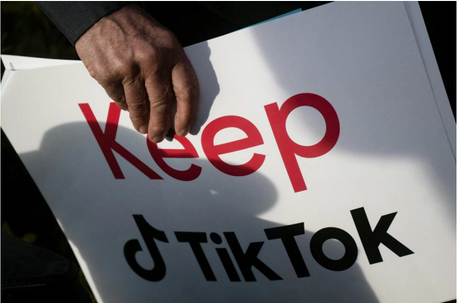In 2022, the Supreme Court struck down the constitutional right to abortion in Dobbs v. Jackson Women’s Health Organization, leaving the right to make laws about abortion to the states.
However, the federal Emergency Medical Treatment and Labor Act requires that hospitals that receive Medicare funding from the federal government must offer “necessary stabilizing treatment” to pregnant women whose lives are in danger, implying that abortions are required in some scenarios if the action would save the pregnant woman’s life or prevent major negative consequences to the woman’s health.
On the other hand, an Idaho law criminalizes providing an abortion except in very few circumstances, including to save the life of a pregnant woman. This law calls for sentencing doctors to jail time for providing abortions if there is no proof that the pregnant women given abortions would have died otherwise.
The Department of Justice filed an injunction against the Idaho law in 2022. They sought to allow patients to receive emergency abortions and argued that the Idaho law was preempted by the Emergency Medical Treatment and Labor Act.
The district court ruled in favor of the Biden administration, barring Idaho from enforcing parts of its law that conflicted with federal law. Doctors in Idaho would no longer have to prove that pregnant women would die without an abortion to dodge jail time if they performed one.
Idaho appealed to the Supreme Court, continuing to argue that the federal Emergency Medical Treatment and Labor Act does not preempt the Idaho law. As of writing, the Supreme Court has already heard oral arguments in Idaho and Moyle, et al. v. United States but has not made a ruling on the case.
Although the Supreme Court has not been sympathetic to abortion rights in recent years and has a 6-3 conservative majority, it is unclear how the judges will rule this time around. Justices Sonia Sotomayor, Elena Kagan, and Ketanji Brown Jackson all seemed quite firm in their stances against Idaho. In contrast, Justices Clarence Thomas, Samuel Alito, and Neil Gorsuch all seemed to take more concrete pro-Idaho stances during the oral arguments. Unsurprisingly, the former Justices are known for being liberal while the latter are conservative.
However, the three remaining Justices- Chief Justice John Roberts and Justices Brett Kavanaugh and Amy Coney Barrett- took much more moderate stances during the oral arguments. Although all three Justices traditionally vote conservatively, they may vote in favor of the Emergency Medical Treatment and Labor Act due to their questioning of the legitimacy of the Idaho law. How these three Justices vote may determine not only the future of abortion rights in Idaho but also the precedent for abortion rights across the county.
Currently, doctors in Idaho have to choose between performing potentially life-saving abortions and getting thrown in jail for violating the Idaho law, or denying pregnant women health care and getting penalized for violating the Emergency Medical Treatment and Labor Act. No matter what ruling, doctors in Idaho will no longer have to choose between two laws when debating whether or not to perform an abortion. However, a ruling in favor of Idaho would mean not only Idaho but any state could conceivably make a law that jails doctors if they fail to turn away women requesting an abortion in any non-life threatening situation, even if birth resulted in extreme health consequences such as losing the uterus. The crucial ruling that comes out of this case will either expand or limit abortion rights for millions of American women living in the post-Dobbs world.







